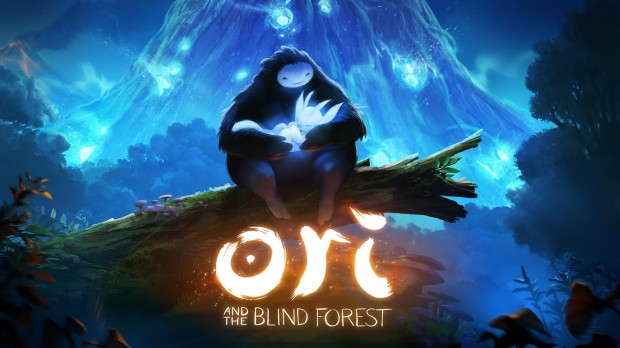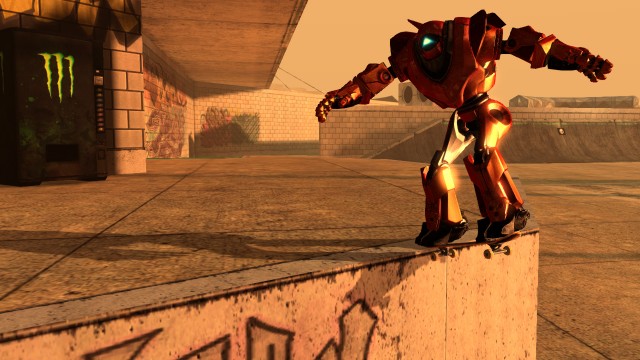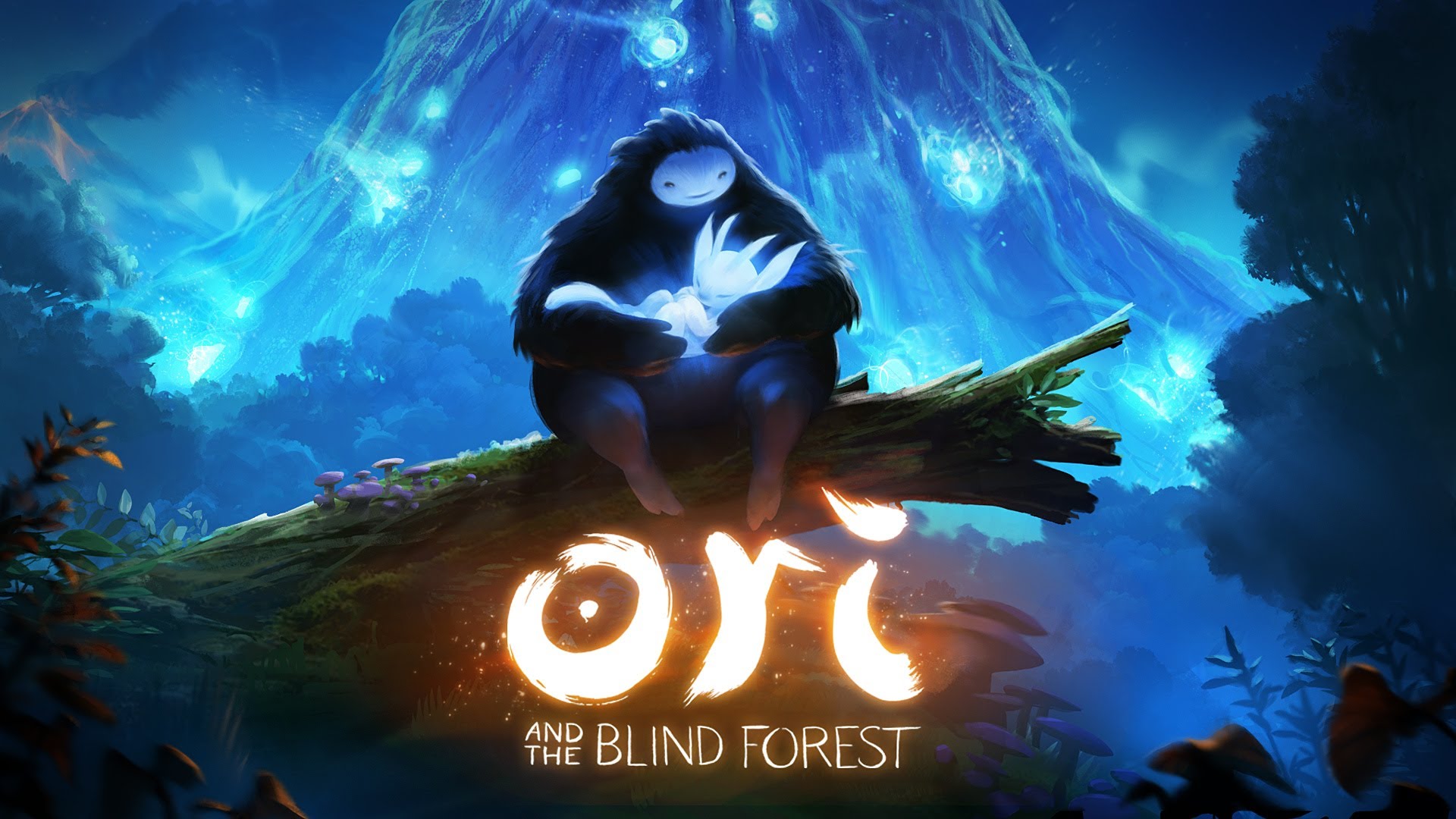 11 years ago
11 years ago
Ori and the Blind Forest review (Xbox One)
Ori and the Blind Forest was developed by Moon Studios and published on Xbox One by Microsoft Studios. It will be released on March 11, 2015 for $19.99. A copy was provided for review purposes.
If I’m ever asked sum up Ori and the Blind Forest in just a few words, I’ll undoubtedly describe it as beautiful, sorrowful, thought-provoking and magical, but it’s also a game which offers a stiff challenge that stretches across a vast and diverse range of environments and offers a lot of replay value. In fact, I’d have to say that Ori is one of the best games I’ve played in a long time and it may even be one of my favourite games ever, despite belonging to a subgenre of platform games of which typically I’m not a fan.
Although Ori is basically a platform game with RPG-lite elements, it features a system of advancement through the unlocking of new and different abilities – double jumping, air-dashing and so on which in turn allow access to previously unreachable areas. This style of game is traditionally likened to Metroid and Castlevania, but due to its graphical leanings and wonderful musical score, Ori is perhaps most alike to Dust: an Elysian Tale among its peers.
As a reviewer, I’m duty bound to tell you what genre a game belongs in, or how it looks and how long it is, but the truth is that Ori is one of those special kind of games that works hard to set itself apart (and boy does it succeed) because almost everything comes together perfectly to create a tight and eminently enjoyable experience which allows it to sit aside from similar games and perhaps even redefine the accepted norm.
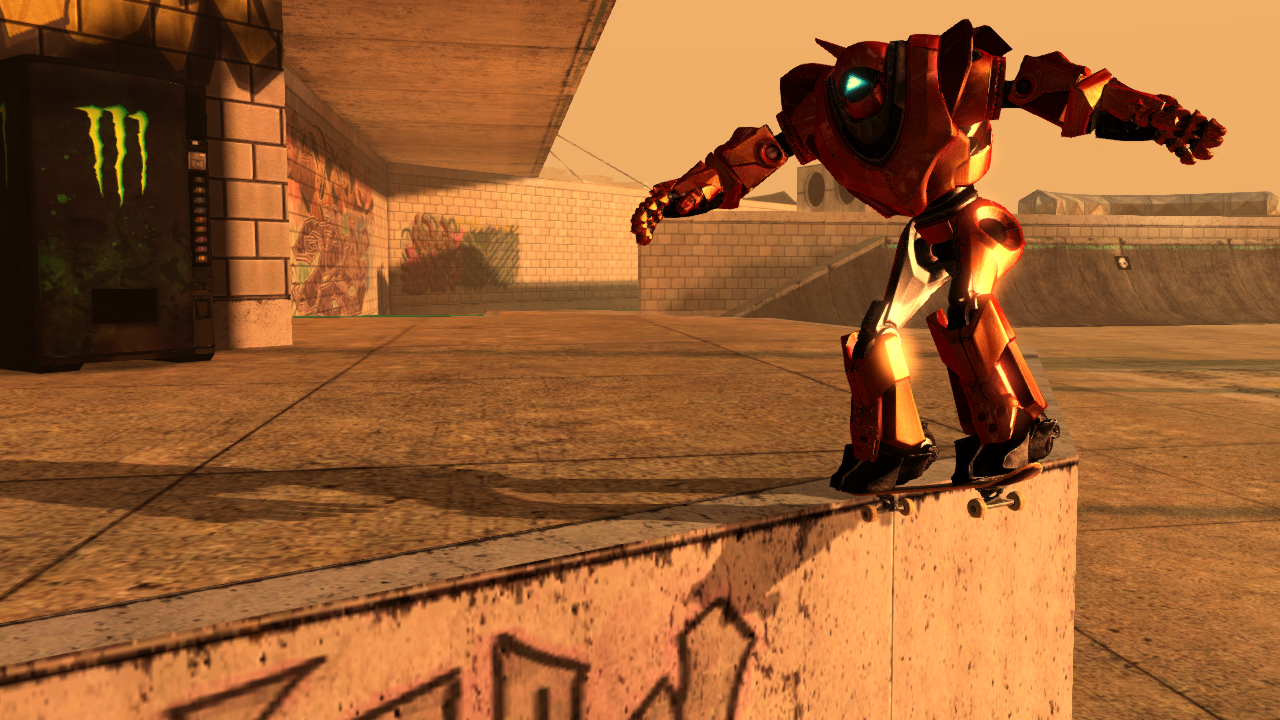 14 years ago
14 years ago
Exclusive: Robomodo’s Roberta shreds her way into Tony Hawk’s Pro Skater HD
It’s no secret we’ve been big supporters of Tony Hawks Pro Skater HD. In fact, it hit our XBLA’s Most Wanted well before it was announced. We awarded Tony Hawk’s Pro Skater HD in our Best of E3 highlighting the nostalgic feelings that made us wish we were back in school playing with a bunch of friends. But the game has more going for it than just fond memories, Robomodo has taken the pieces that fans loved from the original two games and rebuilt them from the ground up in a way that shreds even our most nostalgic expectations. The game looks and plays better than we remembered.
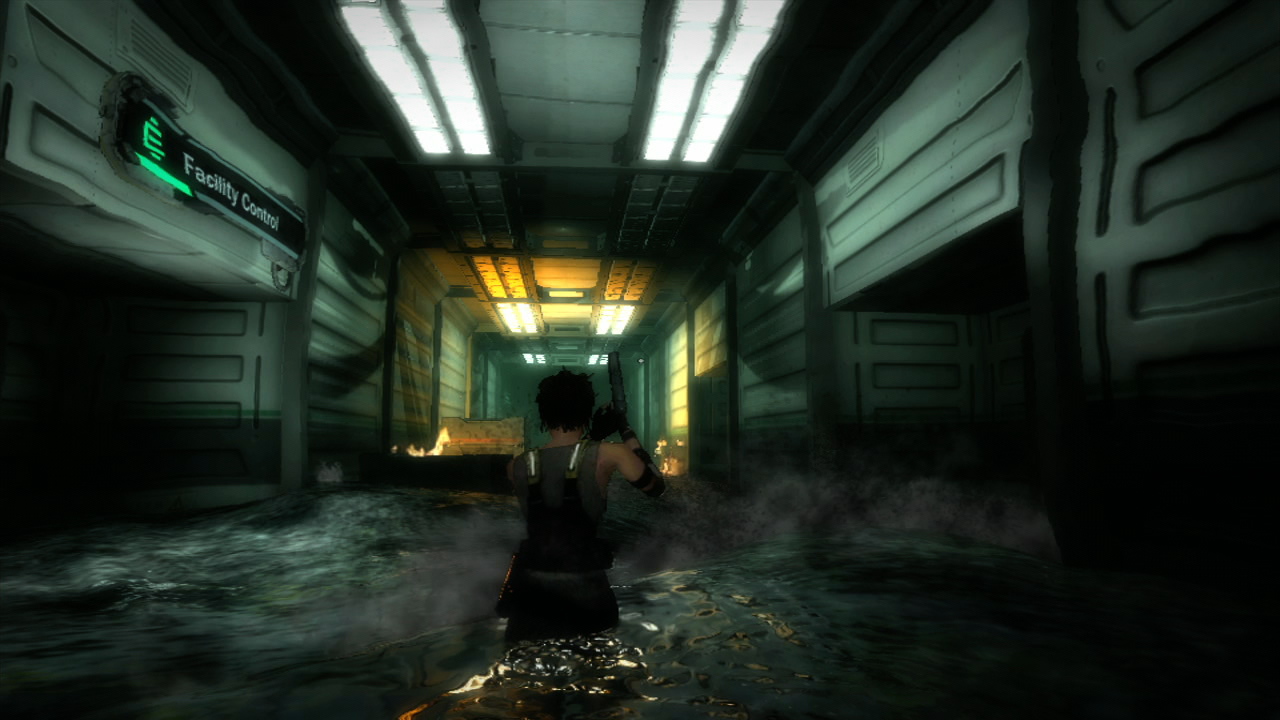 16 years ago
16 years ago
Hydrophobia’s challenge rooms bridge the gap between sequels
In our interview with Hydrophobia’s developer Dark Energy Digital, fans got an idea of how the game originated, and how it was not originally intended as an XBLA title. …
Read More
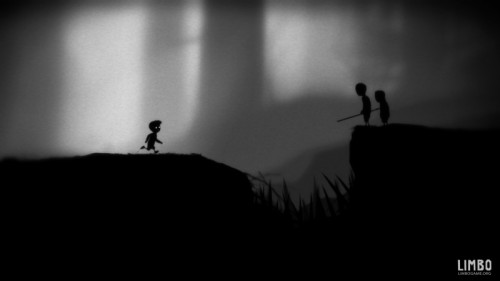 16 years ago
16 years ago
Limbo will only haunt XBLA “This Time Around”
Playdead’s silhouetted puzzle-platformer has been given only one destination in it’s production afterlife following a mistake that was made when 2010 IGF Finalist, Limbo, was rated by the ESRB …
Read More

